The global scientific community is currently riding what many call the "biobank wave" – an unprecedented movement to collect, sequence, and analyze millions of human genomes. At the heart of this movement lies the ambitious Million Genome Project, a collaborative effort involving governments, research institutions, and private companies across continents. While these initiatives promise revolutionary breakthroughs in personalized medicine and disease prevention, they simultaneously raise profound questions about data privacy in the genomic age.
Biobanks have existed for decades, but their scale and purpose have dramatically transformed. What began as small collections of tissue samples in university freezers have evolved into sophisticated digital repositories storing complete genomic sequences alongside detailed health records. The United Kingdom's Genomics England, the U.S. All of Us Research Program, and China's precision medicine initiative all aim to sequence at least one million genomes each, creating vast pools of genetic data for research. This genomic gold rush shows no signs of slowing, with new national biobank projects announced regularly.
The scientific potential of these efforts is undeniable. By comparing genetic variations across massive populations, researchers can identify subtle patterns linking DNA to diseases, drug responses, and health outcomes. Already, biobank-enabled discoveries have led to new cancer treatments, revealed genetic risk factors for Alzheimer's, and helped explain why certain medications work well for some patients but cause adverse reactions in others. The more genomes available for study, the more precise these insights become – hence the push for ever-larger datasets.
However, the very feature that makes genomic data so valuable for research – its deeply personal nature – also makes it uniquely sensitive. Unlike a stolen credit card number that can be canceled and replaced, your genome represents permanent, unchangeable information about your biological blueprint. It reveals not just your own health risks but those of your blood relatives, potentially impacting entire families. Recent studies have demonstrated how even "anonymized" genomic data can sometimes be re-identified when combined with other available information.
The privacy concerns multiply when considering how biobank data might be used beyond pure medical research. Insurance companies could theoretically use genetic risk profiles to adjust premiums or deny coverage. Employers might screen for genetic predispositions to certain conditions when making hiring decisions. Law enforcement agencies increasingly use genetic genealogy to solve crimes, raising questions about appropriate access boundaries. These possibilities create ethical dilemmas that current legal frameworks struggle to address comprehensively.
Different countries have adopted varying approaches to these challenges. The European Union's General Data Protection Regulation (GDPR) offers some of the strongest protections, classifying genetic data as a special category requiring explicit consent for processing. In the United States, the Genetic Information Nondiscrimination Act (GINA) prohibits health insurance and employment discrimination based on genetic information, but significant gaps remain in other areas. Many developing nations launching biobank initiatives lack specialized genetic privacy laws altogether, creating potential vulnerabilities.
Technological solutions are emerging alongside legal ones. Advanced encryption methods now allow researchers to analyze genomic data without directly accessing raw DNA sequences. Blockchain-based systems enable individuals to maintain control over who accesses their genetic information and for what purposes. Some biobanks implement strict "data passports" that track and limit how information moves between institutions. While promising, these technologies often face challenges in scaling to million-genome datasets while maintaining research utility.
The participation dilemma presents another layer of complexity. Many biobanks rely on volunteers willingly contributing their genomic data for the greater good. But studies show that privacy concerns deter significant portions of potential participants, particularly among minority populations with historical reasons for medical mistrust. This creates representation gaps that could undermine the very goal of inclusive, broadly applicable medical research. Some initiatives now offer participants varying levels of control over data access as a compromise.
Commercial genetic testing companies add further nuance to the privacy landscape. While not traditional biobanks, firms like 23andMe and AncestryDNA have amassed genetic databases rivaling some national efforts – often through consumer-initiated testing rather than formal research protocols. Their privacy policies and data-sharing practices have faced scrutiny, especially after high-profile deals with pharmaceutical companies. These private sector activities blur the lines between personal curiosity, medical research, and commercial exploitation of genetic data.
Looking ahead, the biobank movement shows no signs of slowing as sequencing costs continue to plummet. The next decade will likely see multiple projects achieving their million-genome targets, with some already eyeing even more ambitious numbers. Parallel advances in artificial intelligence will enhance researchers' ability to extract meaning from these vast genetic datasets. This progress will inevitably force societies to confront fundamental questions about ownership of biological information and acceptable uses of our shared human genetic code.
Ultimately, the biobank revolution presents one of modern science's great balancing acts. Maximizing the medical potential of genomic research requires large, diverse datasets shared across borders and disciplines. Protecting individual privacy demands robust safeguards against misuse of inherently identifiable information. Navigating this tension will require ongoing dialogue between scientists, ethicists, policymakers, and – crucially – the public whose genomes form the foundation of this entire enterprise. The decisions made today will shape the future of medicine and privacy for generations to come.
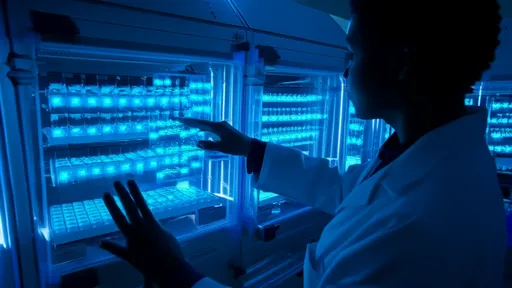
By /Jul 3, 2025
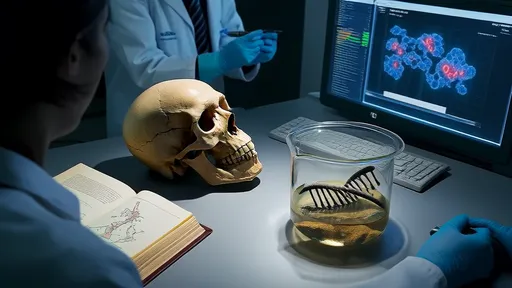
By /Jul 3, 2025
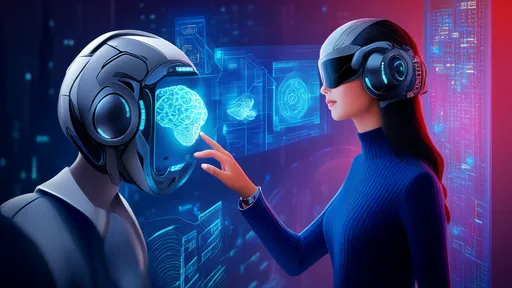
By /Jul 3, 2025

By /Jul 3, 2025
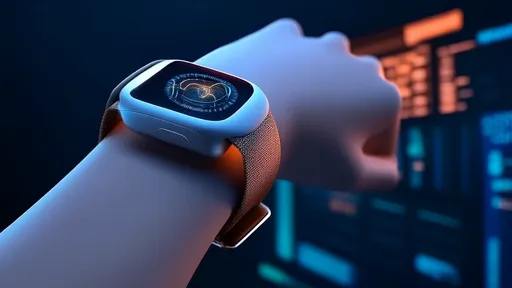
By /Jul 3, 2025
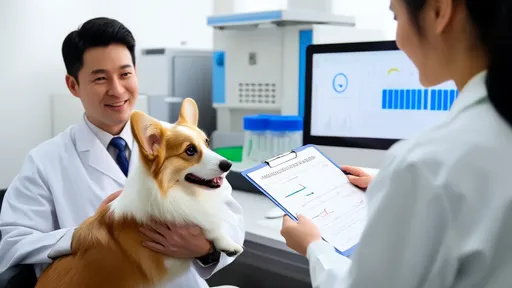
By /Jul 3, 2025

By /Jul 3, 2025
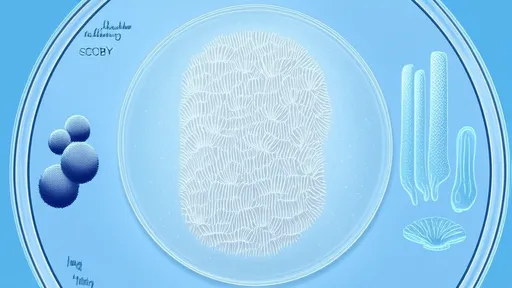
By /Jul 3, 2025
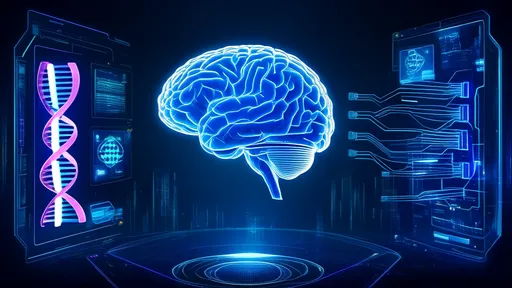
By /Jul 3, 2025

By /Jul 3, 2025

By /Jul 3, 2025
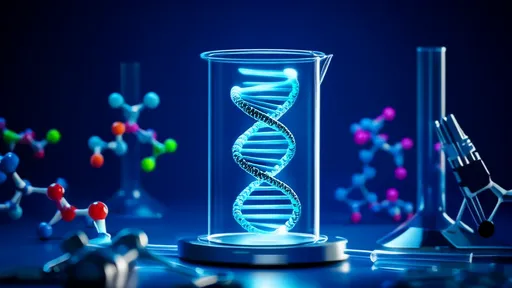
By /Jul 3, 2025
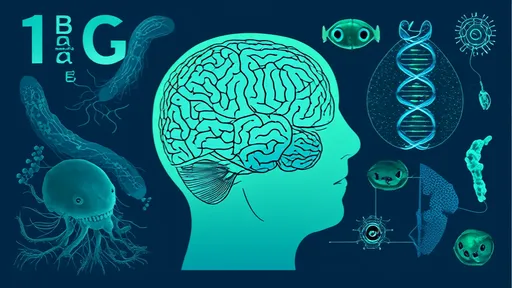
By /Jul 3, 2025
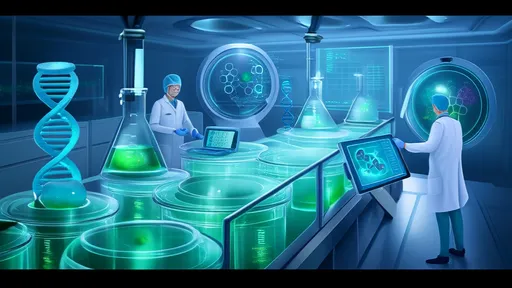
By /Jul 3, 2025

By /Jul 3, 2025
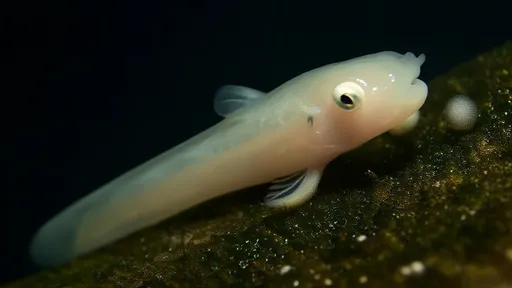
By /Jul 3, 2025
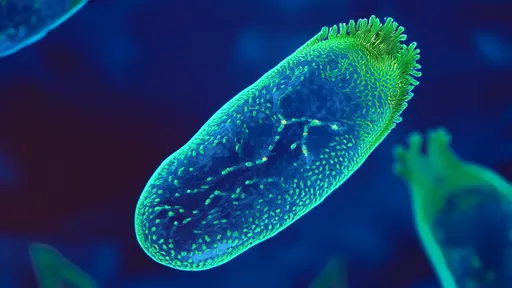
By /Jul 3, 2025
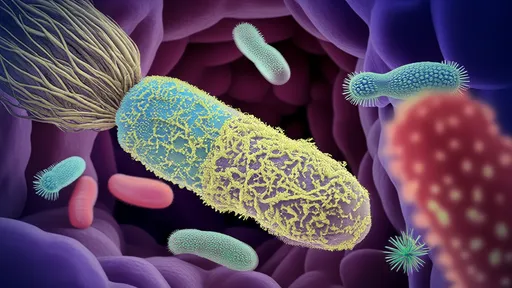
By /Jul 3, 2025
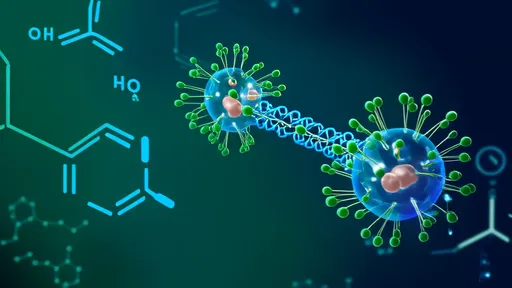
By /Jul 3, 2025

By /Jul 3, 2025